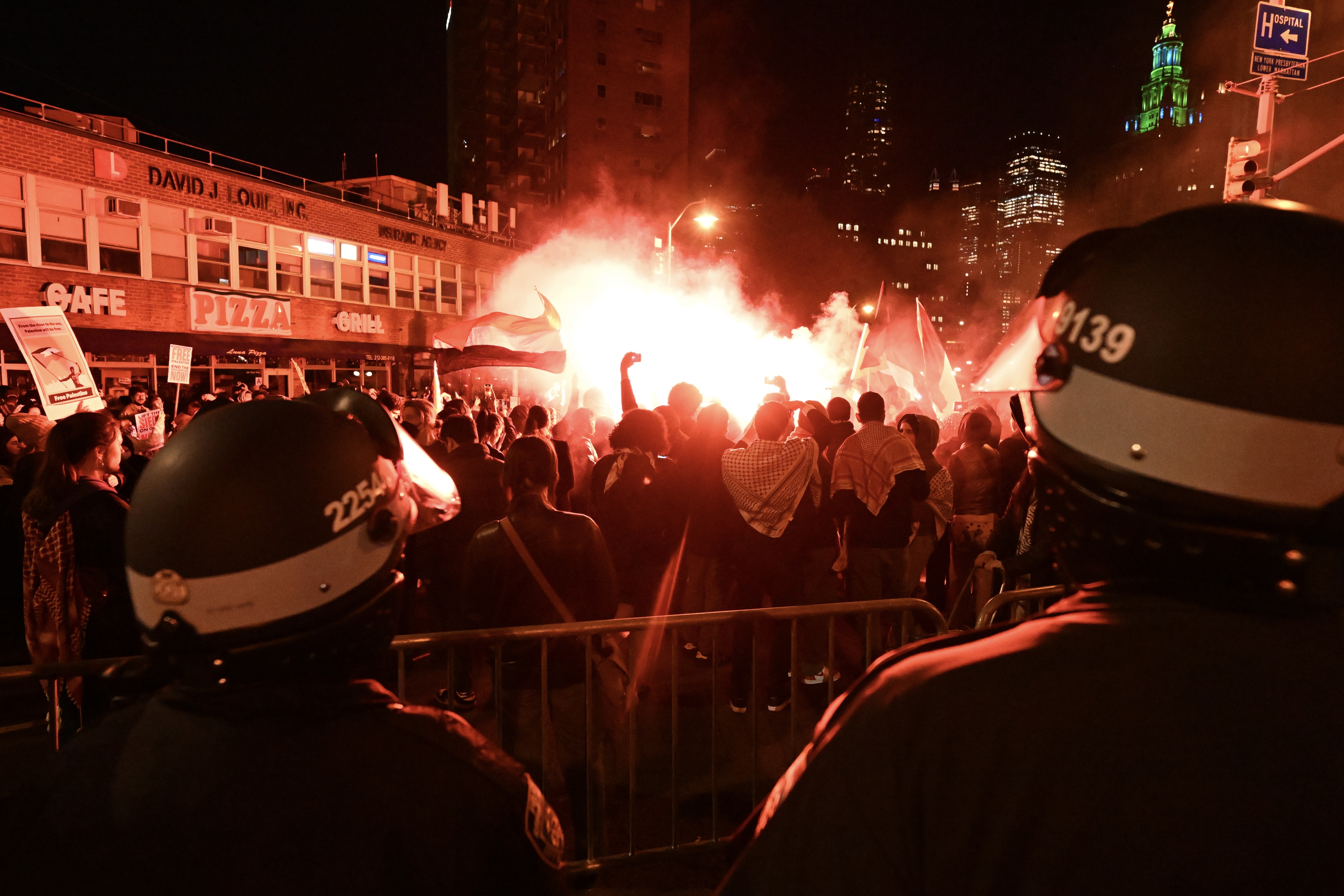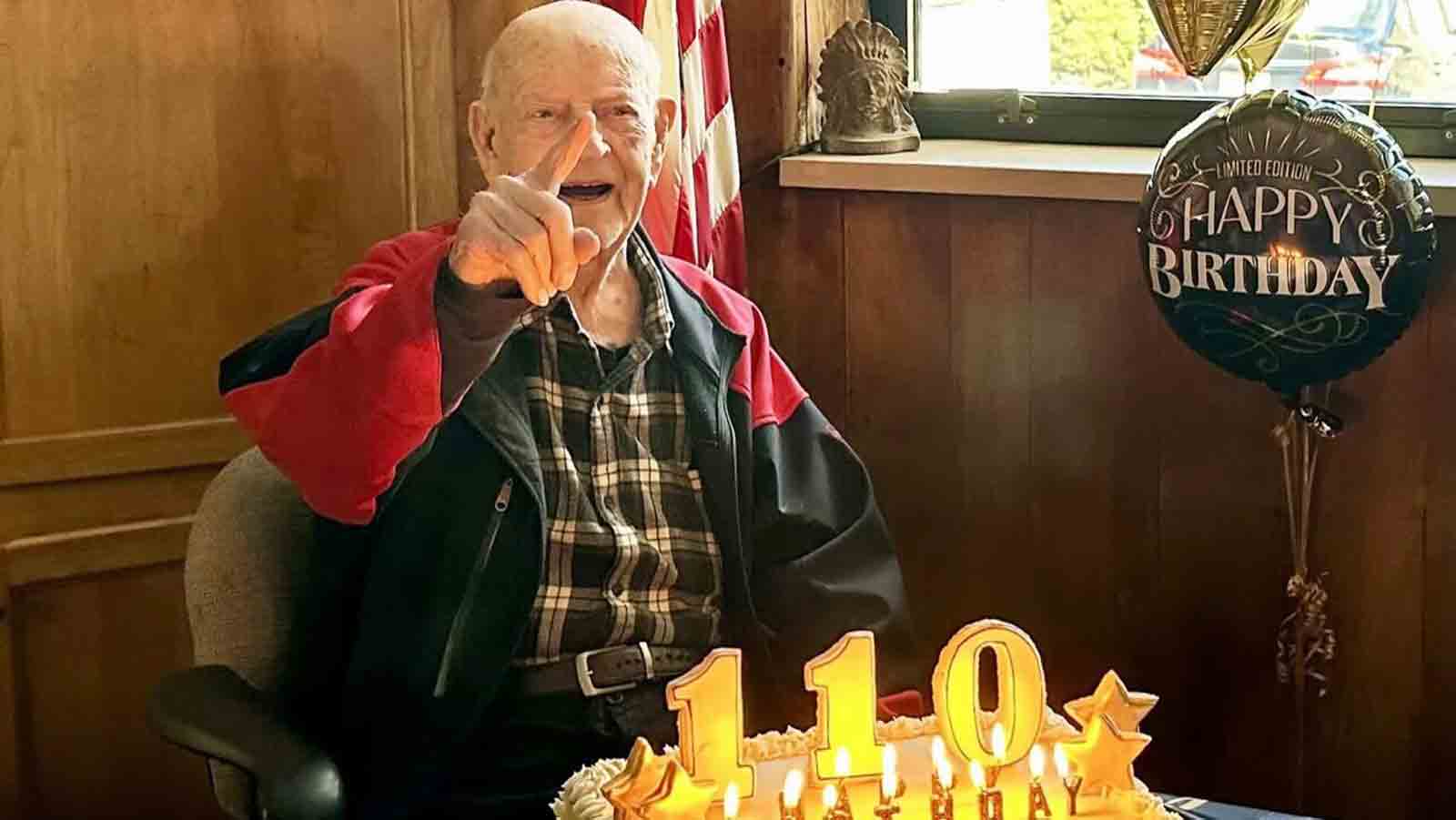Some 34,500 people are now listed as too mentally unstable to have guns in New York state under a less than 2-year-old law that is one of the nation's toughest concerning mental health and firearms, a news report Sunday found.
Fewer than 300 of the people on the list had handgun permits, which would then have been revoked, according to The New York Times' report, based on records obtained through a Freedom of Information Law request. Officials told the newspaper they were unsure how many guns were seized.
After the 2012 elementary-school massacre in Newtown, Connecticut, New York began requiring mental health professionals to give county officials reports on patients seen as likely to cause serious harm to themselves or others. If county officials agree, the patients go on the list for five years and can't get handgun permits while on it. Patients can challenge the decision in court.
The patients' names and circumstances aren't public, but the Times cited examples described by a county health commissioner. They included two people who had attempted suicide with guns and a man whom it took six police officers to take to a hospital after he threatened a housing office worker.
Federal and many other state laws require an involuntary commitment or a legal designation of mental illness or incompetence before a person can lose gun rights.
New York officials say the state's law is potentially life-saving and properly focused. They note that 144,000 people were admitted to mental hospitals and psychiatric centers statewide in 2012 alone. The state has about 20 million residents, the U.S. Census Bureau says.
Keeping guns from 34,500 people "sounds really reasonable if you know the size of the system," state Office of Mental Health deputy commissioner John Tauriello told the Times.
Local
Yet some mental health advocates fear that too many people are being deemed dangerous and that the law could discourage people from seeking help. The threshold for reporting could be seen as encompassing "anybody who expresses any kind of dangerousness," said Dr. Mark J. Russ, director of acute care psychiatry at Zucker Hillside Hospital in Queens.
Gun control advocates say the potential consequences merit casting a wide net. If a gun has been taken from any dangerous person, "that's a good thing," said Brian Malte, a policy director at the Brady Campaign To Prevent Gun Violence.
The National Rifle Association wants a process to ensure "these decisions are not being made capriciously and maliciously," spokesman Andrew Arulanandam said.



